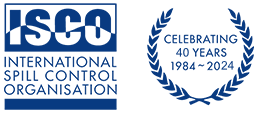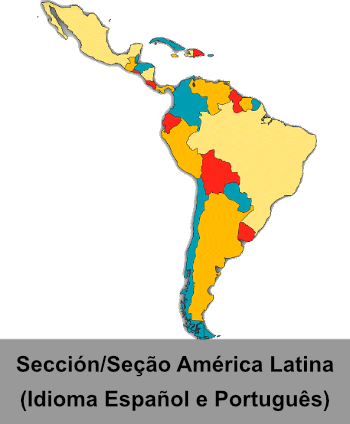Langeloh H., Hakvåg S., Øverjordet I.B., Bakke I., Sørensen L., Brakstad O.G. (2024) Marine Pollution Bulletin, 207, art. no. 116851, DOI: 10.1016/j.marpolbul.2024.116851
ABSTRACT: After marine oil spills, natural processes like photooxidation and biodegradation can remove the oil from the environment. However, these processes are strongly influenced by environmental conditions. To achieve a greater understanding of how seasonal variations in temperature, light exposure and the bacterial community affect oil depletion in the marine environment, we performed two field experiments during the spring and autumn. Field systems equipped with a thin oil film of Statfjord, Grane or ULSFO were deployed in northern Norway. Depletion of the total extractable matter was faster during the spring than during the autumn. Statfjord showed faster depletion of n-alkanes during spring, while depletion of polycyclic aromatic hydrocarbons varied between the seasons based on the degree of alkyl-substitutions. ULSFO displayed the overall slowest depletion. Biodegradation of the oils was associated with high abundances of unassigned bacteria during the spring but was governed by Alcanivorax, Cycloclasticus, Oleibacter and Oleispira during the autumn.





